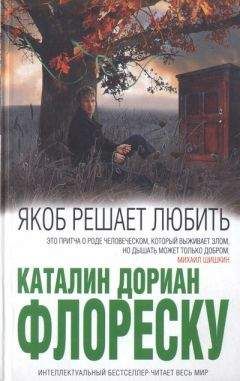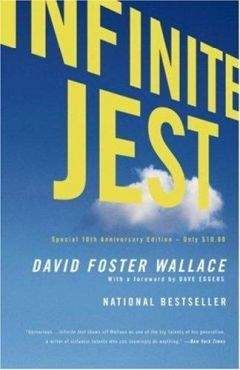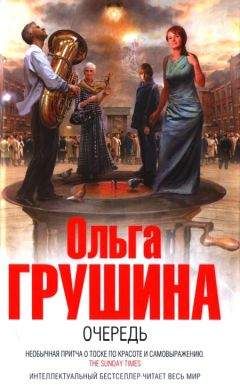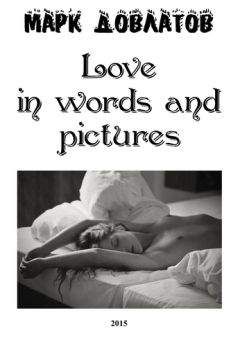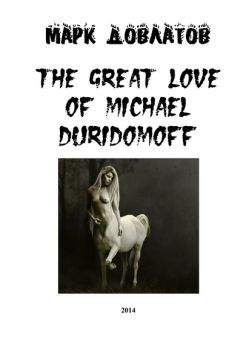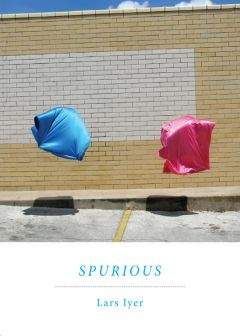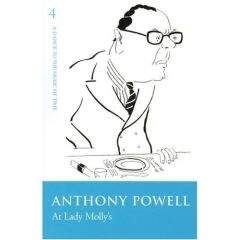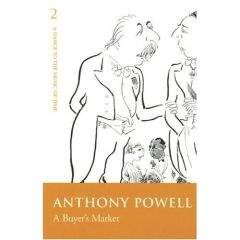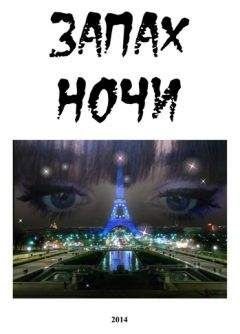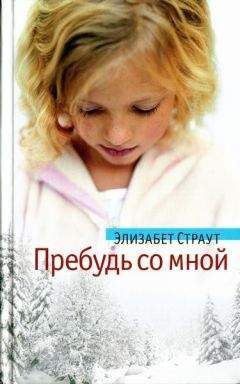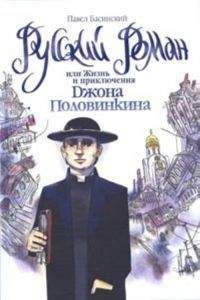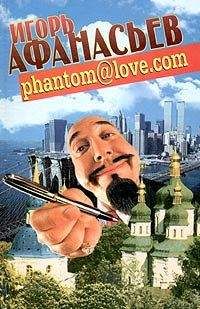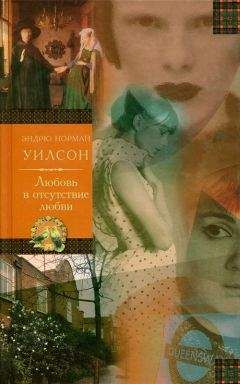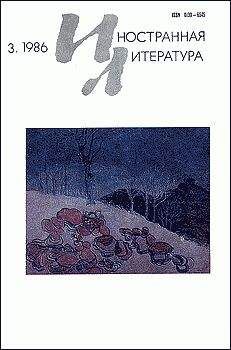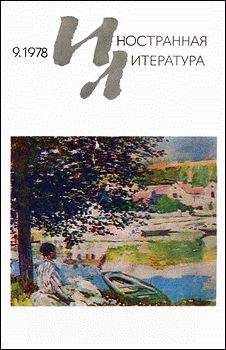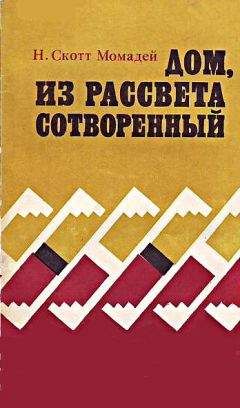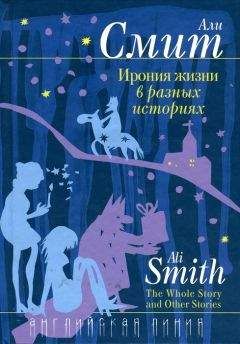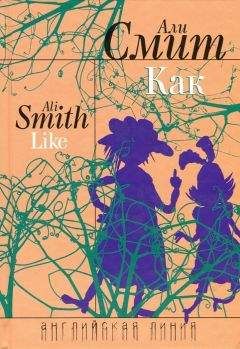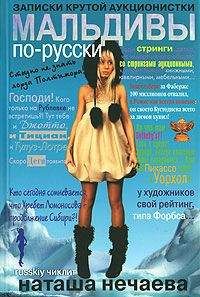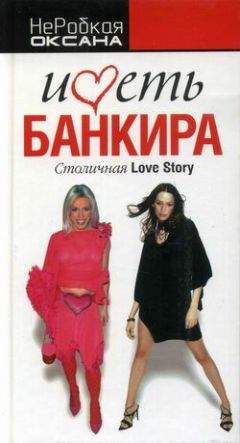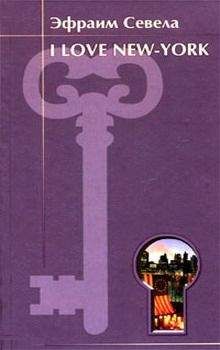Peter Carey - Oscar and Lucinda
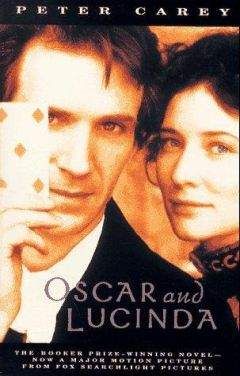
Скачивание начинается... Если скачивание не началось автоматически, пожалуйста нажмите на эту ссылку.
Жалоба
Напишите нам, и мы в срочном порядке примем меры.
Описание книги "Oscar and Lucinda"
Описание и краткое содержание "Oscar and Lucinda" читать бесплатно онлайн.
The Booker Prize-winning novel-now a major motion picture from Fox Searchlight Pictures.
This sweeping, irrepressibly inventive novel, is a romance, but a romance of the sort that could only take place in nineteenth-century Australia. For only on that sprawling continent-a haven for misfits of both the animal and human kingdoms-could a nervous Anglican minister who gambles on the instructions of the Divine become allied with a teenaged heiress who buys a glassworks to help liberate her sex. And only the prodigious imagination of Peter Carey could implicate Oscar and Lucinda in a narrative of love and commerce, religion and colonialism, that culminates in a half-mad expedition to transport a glass church across the Outback.
It was not marine biology that led Theophilus down this path to stand chest deep in freezing water. He was a naturalist, of course, and he would collect specimens. But now he was in a passion to bear witness. He dug his nails into the palms of his hands. He pulled himself upright by that imaginary thread he kept in the centre of his skull. He would show all of Hennacombe-his son most particularly-what a true Christian thought of Christmas. His breath was shallow and he bore on his face an expression which a stranger might mistake for a smile. They were still in the mulch-damp dripping woods between the high downs and the sea, but Oscar could already smell death. It was lying out of sight, neat black velvet mounts of it, a weed named Melanasperm washed up beneath the fox-red cliff which gave the hamlet of Hennacombe its name. He could also smell the poisonous salt. He was shortsighted and could not see any more of the sea than a soft grey colour, like a sheet of satin thrown across a pit. But he could hear it already
14
A Prayer
and knew how it would be, lying flat and docile like a tiger sleeping. It would be grey and pearly and would let itself be drunk up by the sand in quiet fizzy laps. But the Melanasperm was there to give the lie to this, to show that the sea could pluck free a plant the strongest man could not dislodge, could kill the man himself, push white plumes down his gurgling throat, tear off his clothes and leave them scattered and formless, pale pink things like jellyfish along the whitelaced edges of the beach. He counted the steps. It was habit. He was hardly thinking about it. If he could walk to the bottom of the cliff in three hundred and sixtyfive steps, it would be, in some way, he was not sure, good.
He could still taste the plum pudding which had been denied him so violently. His ear ached and burned, and the anger did not diminish. The anger was unthinkable, but it was not a thinking thing. It took charge of him and shook him. He was a rabbit in its jaws. He slid down the red crumbling combe (count that as five steps) clanging his buckets together, barking his knuckles on the gravel-rough clay.
His father was breathing in that way. He wore thick woollen pullovers and a mottled oilskin the colour of burnt toast. Around this he wound belts and ropes to hold his hammers and chisels, his buckets and bags. His father was dark and sinewy, like something made from tarred rope. His father's hair was black, singed with silver fire.
The son's hair was golden-red, wiry, always awry. He stood on the beach (four hundred steps) like an angel, recently landed, his hair buffeted by turbulent air.
"Fill up," said Theophilus. He should not have hit the boy, but how else could he prevent the stuff being swallowed?
Oscar began to "fill up." This involved him standing on the edge of the rust-red rock pool, lowering a bucket, letting it fill, drawing it up, and then pouring water into the buckets his father lashed to himself. As the buckets filled his father would groan with the weight. His groans were comic.
But today Oscar would not look at his father. He was frightened of what these eyes would reveal. He watched his father's mouth instead. He watched it as if it were a sea creature, a red-lipped anemone with black hairy fronds. He stood above the sea as above a pit of hissing snakes. Then the father walked into the sea. The sea was an amoeba, a protoplasm. It opened its saltsticky arms and closed around the man. It flowed on to the sand and hissed beneath the boy's boots. He stepped back from it, back above the funereal fronds of Melanasperm, back until
Oscar and Lucinda
the cliff was firm behind his bony shoulder blades. The clouds were a soft and pearlescent grey, moulded like sand from which the tide has slowly run out. They were like a lid, sitting tight on the horizon, except to the south where there was a thin swathe of soft gold, like a dagger left carelessly lying on a window sill.
His father was indistinct, an unfocused dark shape, a lump in a dream. Oscar sat like a stook of sticks, a lean-to of too-long bones. When he hugged himself against his knees, they clicked. He sat with his back pressed hard against the red cliff, his scrotum tight with cold, a leathery wrinkled purse with only twopence in it, the skin tough and thick, like the gizzards of chickens, like the worm-eaten rock where his father stood, with cold water up above his chest, chiselling lumps of rock and dropping them into a wire basket. Oscar pushed his back hard against Hennacombe Cliff and while the wind brought a small storm of sand to dance around his ankles, he talked to God. He did not do this in the distant and ritualistic way the Anglican Stratton was said to do, with crossing and kneeling. He sat upright. He brought his hands together (one sandy, one smooth) and rubbed them hard as he spoke, unconsciously mimicking his father who, when praying, could be seen to wrestle physically with himself while he tried to hear, amidst all the clamouring costers' voices of his sinner's heart, the pure and uncorrupted word of God.
"Dear God," he said loudly, in a high and fluting voice, "if it is your desire that your flock eat pudding in celebration of Thy birth as man, then show Thy humble supplicant a sign." He screwed up his eyes and opened them fast. What did he expect? Angels? His friend Tommy Croucher claimed to have seen an angel. He said it was ten feet tall and his mother had seen its head above the milking shed. He took Oscar and showed him what the angel had left behind. There were three small stones which made the points of a triangle. Tommy said they stood for
"Father," "Son," and "Holy Ghost." Oscar had not believed Tommy Croucher, but when he saw that the sign was the mathematical symbol for "therefore it follows," he changed his mind. But on the beach on Christmas Day there was no sign, just the slightest brightening of the golden dagger to the south.
He grunted and rubbed his hands together. His ear was still aching from the blow. The taste in his mouth was vomit, but what he remembered was plums, raisins, cherries, suet, custard made from yellow-yolked eggs and creamy milk. This was not the fruit
/ 16
The Anglican Church
of Satan. It was not the flesh of which idols eat.
"Dear God," he said, and the straight edge of his teeth showed, "if it be Thy will that Thy people eat pudding, smite him!"
He twisted his limbs around the sandy corridors of prayer. He looked up to see his father almost out of the sea. He struggled to his feet. His knees went click; first the left and then the right, and then he ran, the guilty and obedient son, to help with the little creatures his father had captured, the anemones, antheas with fragile white tentacles, redbannered dulses, perhaps a sleek green prawn or a fragile living blossom, a proof of the existence of God, a miracle in ivory, rosy red, orange or amethyst.
He ran with his arms flailing, his lower legs kicking out awkwardly. He was not an athlete, but he was at the water's hissing edge when his father emerged, like a matted red-lipped Neptune, blue-nosed, encased in dripping wet wool and shining burnt toast. It was then, as he took the heavy buckets, as he knelt to untie the ropes, that he saw his father had been smitten. Theophilus's teeth were chattering, his limbs shivering. Red blood came from the wound in his thigh and the instrument, the naturalist's own rock chisel, was still in his hand. Sea water had kept the blood washed away, but now it rose through the blue serge, a thick flower of it, unnaturally bright.
Oscar was no longer angry. He lowered his bucket, frightened of what he had begun. The Anglican Church
*4
The Reverend Hugh Stratton saw Oscar praying. He did not know he was praying. The boy was standing at a kink in the path at the top of the combe with two spilling, brimming buckets hanging from the ends of his long pale wrists. He was praying with his "inside" voice, 17
Oscar and Lucinda
with his lips still. He was praying that his papa would not die. He felt cold and tight across his chest. The pain in his arms did not seem related to buckets. "Oh Lord, do spare him please, even though he be in grievous error. Let not his blood be poisoned in Thy smiting. Let him not be taken in ignorance. Dear Jesus who died for us, lift the scales from his eyes so he may see true light. Let him not be cast down. Let him sit with your saints in heaven." He did not pray for himself. But thoughts insinuated themselves between the warp and weft of the prayer. He tried to keep them out. They pressed in. He saw his father in a pinewood box with tiny handles. He saw Mrs Williams pack her case. She was going to "The Agency." She had threatened before. He had no money to pay Mrs Williams. These were selfish thoughts. He drove them out. He made his mind as bare as the meeting hall. He began again.
Hugh Stratton could not be privy to this praying. He saw only a boy with buckets. His back hurt. His sciatic was pinched. He had a pain pushing down his thigh, in his calf too. It pulsed in his left buttock and left testicle. He saw nothing admirable in the boy (nothing suggested angels or porcelain to him). His path was blocked by a boy with buckets and he thought nothing about him except that he was the son of the man who had stolen what was left of his congregation. Like smallpox, like plague, Theophilus Hopkins had emptied the pews one family at a time. The Reverend Mr Stratton imagined that he liked all men. No matter what tribulation he suffered personally, he tried to be fair, to see all points of view. But he could not abide the famous Theophilus Hopkins who had used the musical masculinity of his voice to seduce away his illiterate rural workers and leave him with the gleanings-two families of High-Tory Anglicans and one elderly rabble-rouser who was in rebellion against the Squire. The Easter Offering last year had been two shillings and sixpence halfpenny. A ton of coal cost seven shillings and sixpence.
Hennacombe was the sump, the sink-hole of the Anglican Church. It was a pit. It was a "living," hardly a living at all, in a county where the wheel had come late. It was a place for sledges whose runners had dug the lanes deeper and deeper, further from the sun. He loathed the red mud. It was like heavy glue around his boots and his left leg hurt every time he brought it forward. There were two red-backed hawks riding the updrafts from the cliff. They were not more than a chain away, but Hugh Stratton did not notice them. He edged around the boy who did not move from the path, although the path was
The Anglican Church
narrow. Hugh Stratton was accustomed to disrespect, eyen hostility. He imagined the boy was deliberately obstructing him.
He was carrying a sack of turnips on his narrow back and leading a lame horse; the horse could not bear the weight. He pushed around the boy. The sack knocked Oscar's shoulder and the horse pushed him back into the furze. Hugh Stratton did not see the boy stumble; he knew only that his back was hurting. He was pleased not to be greeted, to be "not seen" on Christmas Day. Dear Lord, forgive him. May the Lord forgive him and vouchsafe the health of his neighbours when they ate his fowls.
Hugh Stratton was forty years old, tall, stooped a little, with a face which had, from a distance, a pippin youthfulness to it-round cheeks, small pointed chin, a floppy fringe of sandy hair-but which showed, on closer examination, all the fine marks of pain and disappointment that buttered rum could not smooth over. He was an Anglican clergyman in a county with a popular Baptist squire. These circumstances made his position less powerful, and his financial situation more humble, but it need not have been desperate. Even when Theophilus Hopkins arrived from London and stole his congregation, he could have lived reasonably enough-for the vicarage had ten acres of good pasture attached to it. But he had no talent for farming. His wife had more, but not sufficient. She read the journals of the London Agricultural Society. She was in enthusiastic correspondence on the subject of a combined seed and manure drill. But there was no point. They could barely afford the postage stamps, and they were always in crisis with his back injured from lifting or their oats stunted or their sow aborting or, today, their fowls taking ill and dying just when they were plump enough for market. They would have fetched ninepence each. He could not bear the loss, God forgive him-he had beheaded them and dressed them as if they had died healthy. He had broken the sabbath to do it. As soon as the dismal morning service was over he had taken these dressed fowls across to the Squire's mansion, pretending them a gift. He was bartering, of course, but it was Christmas Day and he must pretend otherwise. He went to the kitchen door. They were Baptists. They despised him, not for trading, but for trading on Christmas Day. They knew it was not a gift. The cook gave him turnips as a measure of her feelings. He had hoped for something better, but he had pretended it was an exchange of gifts so he could not haggle. He worried about the safety of the dead fowls. May no illness come to the Squire's house. The Squire wore a tall hat, a high collar, a muffler around his neck. His long grey hair hung over his ears. His eyes were
Oscar and Lucinda
fixed, looked straight before him and shamed the devil. He would not put up with poisoning. He had a broad nose and defiant nostrils. He was rugged, bluff, kind, and he would lay his Dissenting whip across an Anglican's face for poisoning his people.
Hugh Srratton led the lame horse up the steep path, under the bare elms. He saw no beauty in these woods. Through black dripping branches he could see the Norman tower of St Anne's, and to the left a little, the high thatch of the vicarage. It had grey rock walls with lichen, stonecrop and moss, but he was no longer the clever man just down from Oriel, charmed by the rusticity, the peace, the little sundial in the garden which bore the legend "To serve and to rule." He knew the thatch was full of rot and the walls were seeping. It was money he thought of, and how to get it. 5
Stethoscope
The stool had three legs and stood against the sloping, flaking white wall of the attic in which Oscar slept. It was a sparsely furnished room, with just an iron cot, a rag rug, and a small spirit lamp. But it was a dry room, too, and it had a sweet, sappy smell which emanated from its ancient aromatic timbers. The stool was made from Devon oak and, while generally dark, was polished to a honey colour at its knees, the point at which two hundred years of hands had picked it up, swung it, set it down, always within this one cottage.
In the mornings Oscar stood on the stool and hoisted up his nightdress so that his father could listen to his chest with the stethoscope. He had never questioned why the stool was necessary, not even now that he had begun to question other aspects of his papa's practices. He stood on the stool. He hiked up his flannel while his father tapped at him anxiously, like a young and inexperienced man called to check for death watch beetle. This would happen first thing, as soon as he
•?n
Stethoscope
woke. He would have his bladder full. Sometimes his penis would be hard, sometimes not. Having no interest in the function of a hard penis, he was not embarrassed. When Oscar lifted his nightdress, his father observed the ginger hair growing around the genitalia. He observed this with a naturalist's eye, but not only. He did not like the appearance of the hair. With the hair came the great difficulty of life.
Подписывайтесь на наши страницы в социальных сетях.
Будьте в курсе последних книжных новинок, комментируйте, обсуждайте. Мы ждём Вас!
Похожие книги на "Oscar and Lucinda"
Книги похожие на "Oscar and Lucinda" читать онлайн или скачать бесплатно полные версии.
Мы рекомендуем Вам зарегистрироваться либо войти на сайт под своим именем.
Отзывы о "Peter Carey - Oscar and Lucinda"
Отзывы читателей о книге "Oscar and Lucinda", комментарии и мнения людей о произведении.





